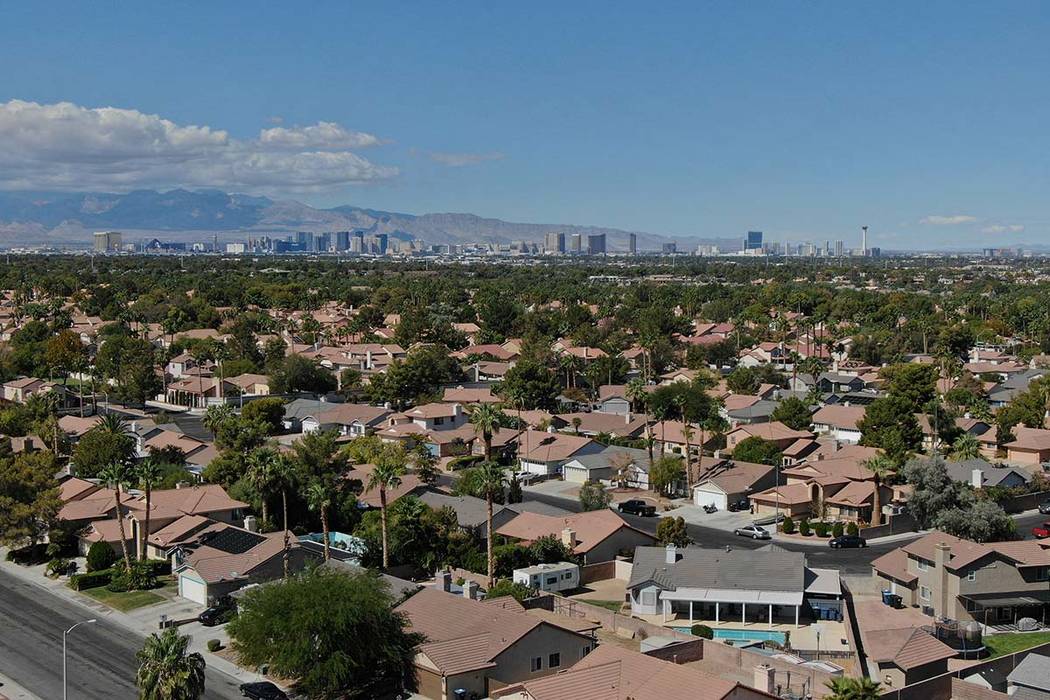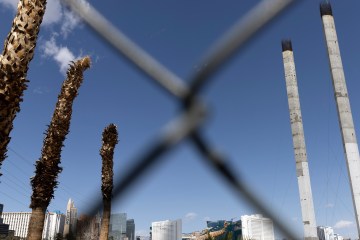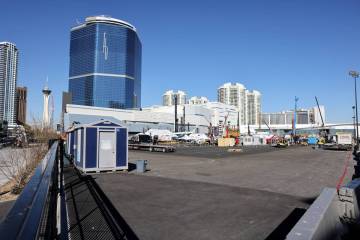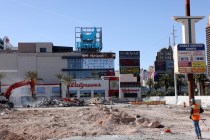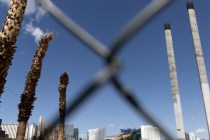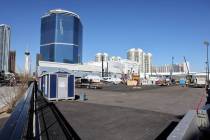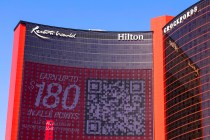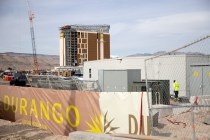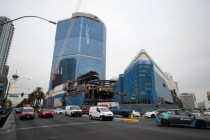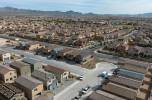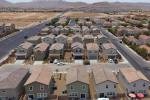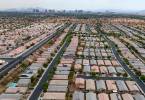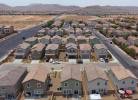Las Vegas’ housing slowdown doesn’t mean a collapse is looming
As house hunters may have noticed, Las Vegas prices aren’t climbing as fast as they were a year ago, and homes aren’t selling as quickly.
But does this downshift signal something more ominous ahead?
You can never rule out another housing crash — something Southern Nevadans know all too well — but just because the market has cooled off doesn’t necessarily mean it’s in the early stages of a collapse.
The median sales price of previously owned single-family homes — the bulk of the market — was $300,000 last month, up 3.8 percent from April 2018, according to the Greater Las Vegas Association of Realtors.
It was the smallest year-over-year price jump in seven years, the association reported — and down from a 16 percent climb in April of last year.
Meanwhile, sales totals are falling, and the once-shrunken inventory of available listings has shot back up.
Buyers picked up around 9,280 houses this year through April, down almost 11 percent from the same four-month period in 2018, and 7,435 houses were on the market without offers at the end of last month, up almost double from a year earlier, according to the GLVAR, which pulls data from its resale-heavy listing service.
The tumbling sales are likely a response to higher prices. By all accounts, there is plenty of demand for housing, given the valley’s growing population and shrinking unemployment, but whether buyers can afford what’s out there — or are willing to pay the asking price — is another issue.
Also, market insiders often say that prices rise 2 to 5 percent in a “normal” year — not 10 to 20 percent, as we’ve often seen in Las Vegas over the past several years, due to the massive drop in home values after the mid-2000s bubble burst and the subsequent climb out from the gutter.
I can only guess where prices and sales will end up this year, but the market is showing signs of stability in areas that, in the not-too-distant past, were key gauges of Las Vegas’ catastrophic housing bust.
Some 3.6 percent of Las Vegas-area mortgage holders were at least 30 days late on their payments in February, CoreLogic reported this week.
By comparison, at the depths of the recession, a peak of nearly 25 percent of local borrowers were at least a month behind on their payments, the housing tracker previously reported.
Moreover, sales of underwater and bank-owned homes don’t dominate Las Vegas’ resale market anymore, accounting for just 3 percent of transactions last month, the GLVAR reported.
It wasn’t too long ago that, after a wild stretch of nonstop construction, bloated property values, widespread flipping and numerous plans for luxury high-rises, Las Vegas was ground zero for America’s real estate crash, marked by sweeping foreclosures, soaring unemployment and many abandoned projects.
There is always a chance that the housing market can crater, though for now, things appear mostly calm. Still, as anyone who lived through Las Vegas’ nightmarish financial roller coaster can attest, they can only hope the slowdown doesn’t turn into an evaporation.
Contact Eli Segall at esegall@reviewjournal.com or 702-383-0342. Follow @eli_segall on Twitter.



